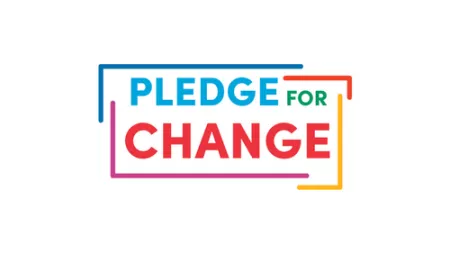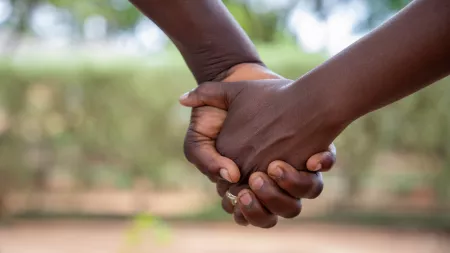Some of the world’s biggest aid and development organizations have signed up to a far-reaching set of commitments to create closer partnerships with local and national organizations in a drive to shift more power, decision-making and money to the places worst affected by crisis and poverty.
The agencies, which include CARE International, Christian Aid, Plan International, Save the Children International and Oxfam International, believe being “locally led and globally connected” will mean bigger, longer-lasting impacts on people’s lives.
Only through such partnerships will we remove any dependency on aid and continue to build the strength of the communities we strive to support.INGOs participating in the 'Pledge for Change'
The commitment to equitable partnerships forms part of a ‘Pledge for Change’ that follows a two year-long process convened by Adeso, a humanitarian and development organisation in Somalia. International non-government organisation (INGO) leaders in the Global North have heeded challenges from their counterparts based in the Global South as part of the process.
The Pledges
The Pledge for Change focuses on three key areas: equitable partnerships, authentic storytelling, and influencing wider change.
‘There are times when INGOs should complement local knowledge, expertise and relationships with our resources and skills, but we need to know when to step away as well,’ the pledge says.
It acknowledges that big international organizations competing for funds, facilities and talent can unintentionally weaken civil society in the countries where they operate:
In the years ahead, we’ll allocate more resources to help local and national organizations take the lead.INGOs participating in the 'Pledge for Change'
The Pledge for Change also commits to ‘authentic storytelling’ that stops reinforcing harmful stereotypes.
‘We will continue to show the harsh realities of poverty, conflict, hunger and natural disasters because humanitarian crises should not be sanitised,’ it says. ‘But we’ll avoid exploitative imagery that portrays people as helpless victims. We will give credit to partners where it’s due.’
The Pledge for Change, which was developed in collaboration with sector leaders from the Global South, acknowledges inequalities in the system that date back to the colonial era. It requires large INGOs to ensure a more equitable approach and recognises the unique role local organisations play in aid delivery.
The chief executives who have signed the pledge say they will press for implementation across the sector, track progress and report it publicly to show how they are ‘walking the talk’ over the next eight years.

Visit the Pledge for Change website to learn more about our commitments.
Find out more